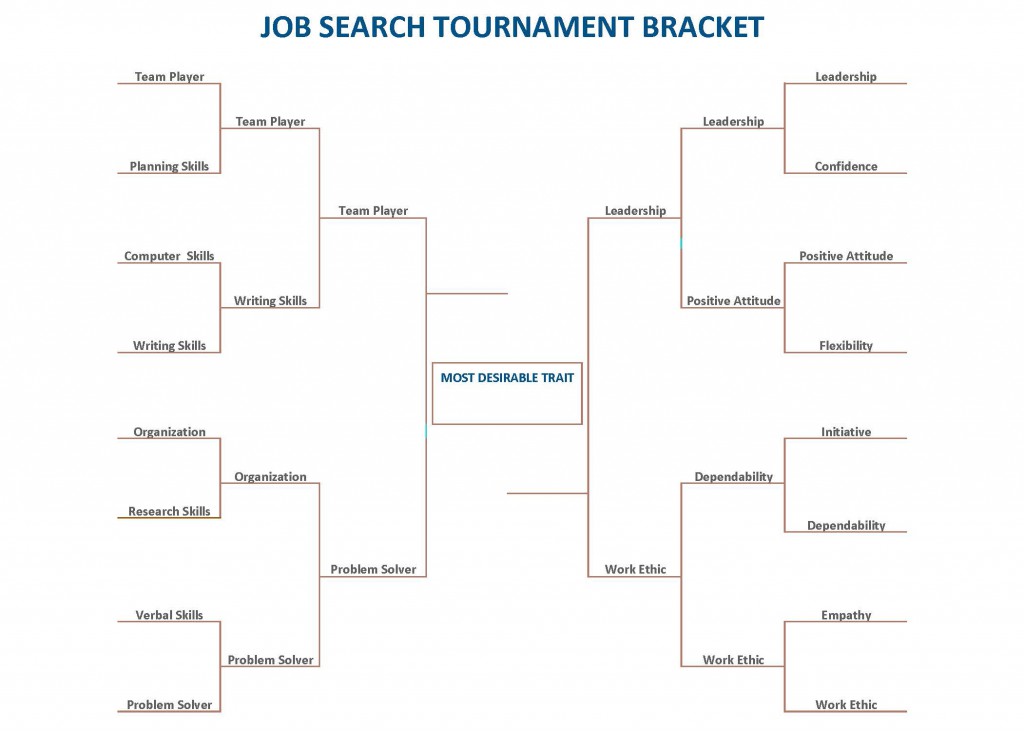 On Wednesday, April 12, Express Employment Professionals will bring together three leadership experts for the eighth annual Refresh Leadership Live Simulcast.
On Wednesday, April 12, Express Employment Professionals will bring together three leadership experts for the eighth annual Refresh Leadership Live Simulcast.
The simulcast will be broadcast during events at participating Express locations and will feature:
- Patrick Lencioni, Leadership Consultant, Speaker, and Best-Selling Author
- Jimmy Johnson, Two-Time Super Bowl Champion Coach and FOX NFL SundayAnalyst
- Robyn Benincasa, World-Champion Adventure Racer, CNN Hero, and Firefighter
Go to RefreshLeadership.com/Live to find a participating office near you and learn more about this event that is sure to inspire.







